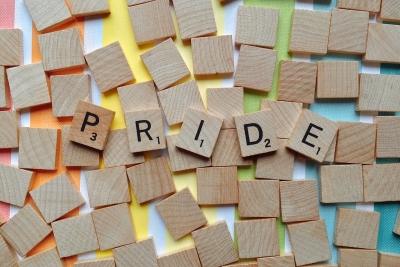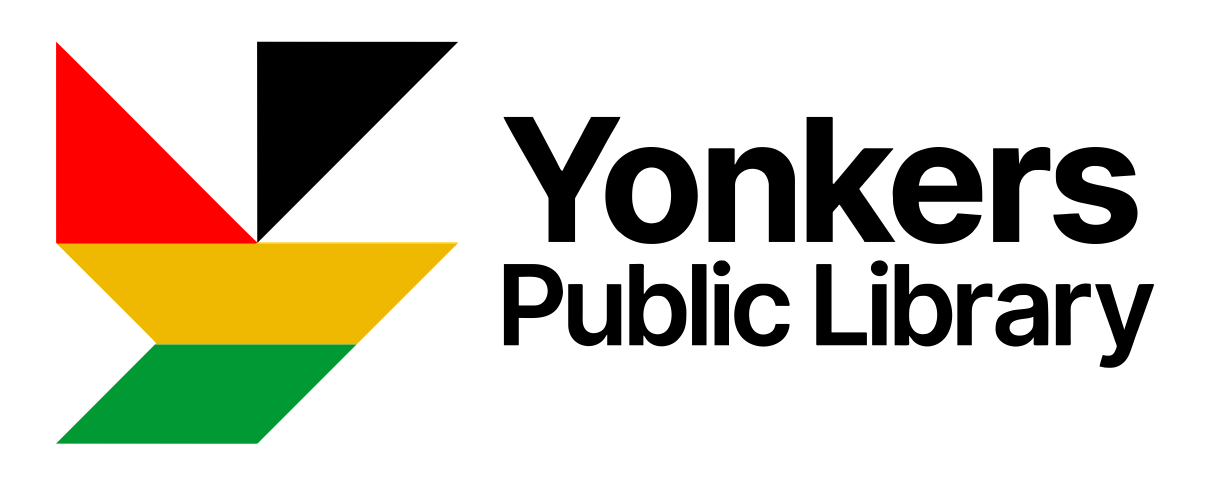
While LGBTQ individuals have always existed throughout history, it wasn’t until the 1970s that the Pride movement as we know it today began to form.
On June 28, 1969, the NYPD raided the Stonewall Inn in Greenwich Village in NYC. The Stonewall Inn was one of many gay clubs and bars that were being raided by the police. As the police made arrests and cleared out the bar, angry patrons and neighborhood residents began to verbally berate the police and threw bottles and debris. Police barricaded themselves inside the bar, not expecting the crowd to grow hostile. The crowd eventually swelled to 400 people.
What became known as the Stonewall Riots occurred over several days, driven by frustration with constant police harassment and social discrimination. Stonewall was not the first protest involving LGBTQ individuals - Reminder Day pickets in Philadelphia are one example - but it’s typically considered the galvanizing force behind a united gay rights movement.
On June 28, 1970, the first Pride marches were held in New York, Los Angeles and Chicago to both commemorate Stonewall and demonstrate for equal rights.
Major Supreme Court rulings on LGBTQ issues have taken place during June, such as the legalization of marriage equality, the ending of sodomy bans, and protecting individuals from workplace discrimination based on their sexuality and gender identity.
Despite this progress, this year a record number of anti-LGBTQ bills have been introduced to state legislatures across the country. Many of these bills are focused on education and healthcare, such as regulating public school curriculums to restrict conversations around sexuality and gender and banning gender-affirming healthcare for transgender individuals. Many book bans in schools and libraries last year discussed LGBTQ topics.
Pride is both a celebration of LGBTQ individuals and a protest against systems of oppression that continue to harm the LGBTQ community. Pride is a human rights movement that wants individuals of all identities deserve to be treated with decency and respect.
Being an ally to the LGBTQ community does not require you to be an expert on everything LGBTQ-related. Asking questions about topics and identities you might not understand, educating yourself about LGBTQ issues, and using your voice to call out discrimination are all important parts of becoming an ally.
If you’re interested in volunteering, you can work with organizations like the Human Rights Campaign or research local non-profits in your community. You can also support organizations like the Trevor Project, GLSEN and the Transgender Law Center that advocate for and support the LGBTQ community.
If you’re unsure or unaware of LGBTQ issues, check out some of these books for Pride Month from the Yonkers Public Library. These stories about LGBTQ characters or ones written by LGBTQ authors can offer a new perspective and expand your knowledge about queer experiences.
Alison Robles is a part-time page at the Crestwood Library. She is an avid reader with a passion for YA lit, historical fiction and fantasy. A Yonkers native, she graduated from Iona University in 2020 with a dual-degree in Marketing and Public Relations. She is pursuing a Masters in Information and Library Science from the University at Buffalo.
